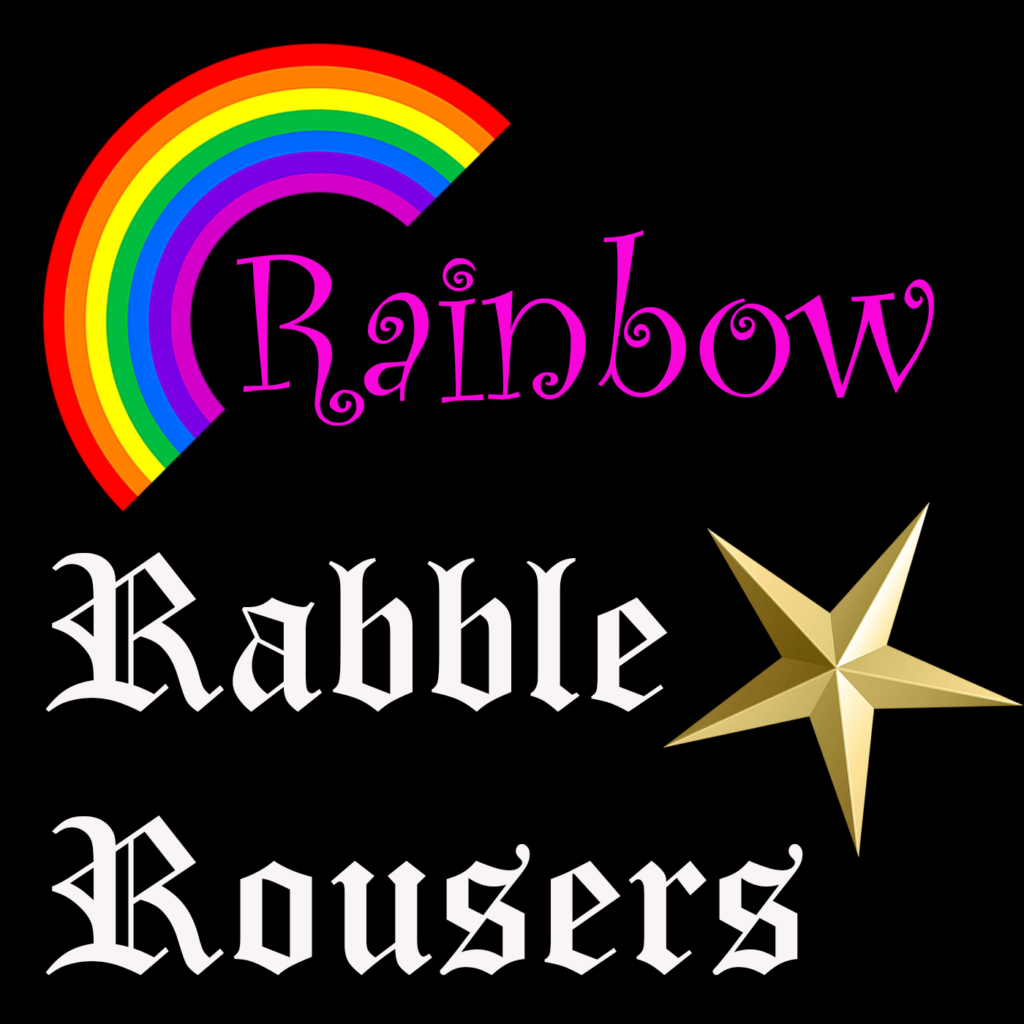'Stonewall was a riot': The flawed ideology of queer activists
“Peace cannot be achieved through violence, it can only be attained through understanding.” -Ralph Waldo Emerson
“Stonewall was a riot” is a phrase often parroted by queer activists. It is meant as a sort of justification for their actions that not only include the celebration of Pride Month, but also more aggressive conducts in the name of “diversity” including intimidation, violence, looting, doxing, vandalism, and arson. The Stonewall Riots are the reason we now have what is known as ‘Pride Month.’ In this article, I am going to go through the history of the Stonewall Riots, and then breakdown the flaws in the ideological thinking of those that echo the words, “Stonewall was a riot.”
A Brief History of the Stonewall Riots
The fight for gay rights started long before the Stonewall Riots. In fact, it actually dates back to 1897 with the founding of Magnus Hirschfeld’s organization in Berlin, the first gay rights group. Other gay rights groups and movements would also pop up prior to Stonewall as well, however, Stonewall was a tipping point as it led to the creation of the gay liberation movement.
On June 28, 1969, the Stonewall Riot began, lasting a total of six days. However, being called a “riot” is actually controversial. In 2019, The New York Times released a video where historians and people who were actually at Stonewall spoke about what it was actually like, bringing in mixed reviews.
In the video, Stonewall participant Jim Fouratt said they were dancing and cheering in the street and that it was not a riot. Robert Bryan, another Stonewall participant, described it as “just a loud and bawdy group of fun guys until it turned into a riot.” Historian Eric Marcus said its been called a “riot,” an “uprising,” and a “rebellion.”
The Library of Congress also does not refer Stonewall as a “riot,” rather using the term “uprising.” They noted the STONEWALL Veterans Association stated, “The rebellion (it was never a ‘riot’) lasted five inconsecutive nights (they were not ‘riots’)…”
The rebellion (as I will call it for the rest of the article) was initiated after a police raid at the gay bar, the Stonewall Inn. The Stonewall Inn, like many gay establishments at the time, was mafia-owned. This meant, as long as the mafia was making a profit, they didn’t really care what happened to clientele. Often times, owners would get tipped off about police raids ahead of time, allowing them to adjust accordingly. However, at about 1 a.m., a police raid occurred at Stonewall Inn that took the owners and patrons by surprise. The nine police officers that were apart of NYPD’s Public Morals Squad, went after both workers and patrons. Trans people and gay people in drag were especially targeted, and as usual during this time period, were being charged for ‘solicitation of homosexual relations’ and ‘non-gender appropriate clothing.’
Though there have been multiple conflicting stories of who started the rebellion and what was thrown (speculations of bricks, stones, shot glasses, coins, and more), what is agreed upon is that LGBT people were tired of the mistreatment and began to push back.
Can-can lines began breaking out in the street, mocking police as those who joined in the dancing sang, “We are the Stonewall girls. We wear our hair in curls. We don’t wear underwear to show our pubic hair,” to the tune of the Howdy Doody theme song.
The police would go onto barricade themselves in the bar where they would call for backup. The bar would get set on fire by those rebelling, but no lives were lost. Over the course of the next six days, 21 people would be arrested.
On the anniversary of Stonewall, three pride parades took place, commemorating the day that changed the gay rights movement forever. Those pride parades took place in New York City, NY, San Francisco, CA, and Los Angeles, CA. Every month in June, more pride parades have taken place, giving June the title of ‘Pride Month.’
The Problem behind the ideology of ‘Stonewall was a riot’
“Returning violence for violence multiplies violence, adding deeper darkness to a night already devoid of stars.” -Martin Luther King, Jr.
Being a teenager who was openly gay in small town Kansas from 2009-2013, I endured a lot of homophobia. I had chewed gum stuck on my car’s windshield. People talked about how I needed to kill myself for being a “faggot.” I was called an “abomination.” And, during one cross country practice where I had to run on the road, I had to jump into a ditch because some school bullies in a truck decided they wanted to play chicken with me.
So, why have I not adopted the mentality of queer activists who say, “Stonewall was a riot”? It’s because when I was 16 years old and officially came out, I promised myself to set an example. I was aware that most people who were homophobic didn’t actually know any gay people. Therefore, as a duty for not only the good of myself, but for gay people after me in Kansas, I chose, and still choose to set the example of what it’s like to interact with a gay person. I choose to be courteous and even befriend people who feel uncomfortable around gay people and show them that I am every bit as deserving of being treated with respect and dignity as a human being. This, in my experience, has not just been the most effective way, it’s been the only way to make a positive change for LGBT people.
“Stonewall was a riot” is an excuse by queer activists that goes against, and even destroys the work that I, and many other LGBT people have done to create widespread acceptance. People who originally didn’t care one way or the other about gay people are now speaking out against LGB and especially T people, and rightfully so.
There is a quote by Tim Larken that goes, “Violence is rarely the answer, but when it is, it is the only answer.” I agree with this statement completely.
In 1969, the government was going into private businesses and arresting adults for wearing what they wanted to wear around other adults and for having consensual sex. In today’s climate, billion dollar companies are constantly trying to cater and appeal to LGBTQ+ people, mainstream media is constantly trying to cater and appeal to LGBTQ+ people, schools are constantly trying to cater and appeal to LGBTQ+ people, multiple government entities at the state, local, and federal level are constantly trying to cater and appeal to LGBTQ+ people. LGBTQ+ people today do not struggle with the things LGBT people struggled with 50 years ago. To say that they are dealing with anything remotely similar is not only greatly dishonest it is extremely disrespectful of people who were fighting for gay rights 50 years ago.
The violence that queer activists are justifying under “Stonewall was a riot” dooms them and it dooms people like me. Violence is no longer a relevant answer. The following quotes are ones I truly believe in and encourage others to think about.
“I object to violence because when it appears to do good, the good is only temporary; the evil it does is permanent.” –Mahatma Gandhi
“As long as people use violence to combat violence, we will always have violence.” -Michael Berg
“Violence is an admission that one’s ideas and goals cannot prevail on their own merits.” -Edward Kennedy
Thanks for reading. Be sure to share and subscribe. You can also help support independent journalism in Kansas by buying me a coffee at buymeacoffee.com/kscon.

Ian Brannan
Ian Brannan is an independent journalist who founded The Kansas Constitutional in April 2022. His work focuses on issues including abortion, Convention of States, drug policy, education, government, LGBT issues, media, and more. He is also the co-host of the Rainbow Rabble-Rousers podcast.

